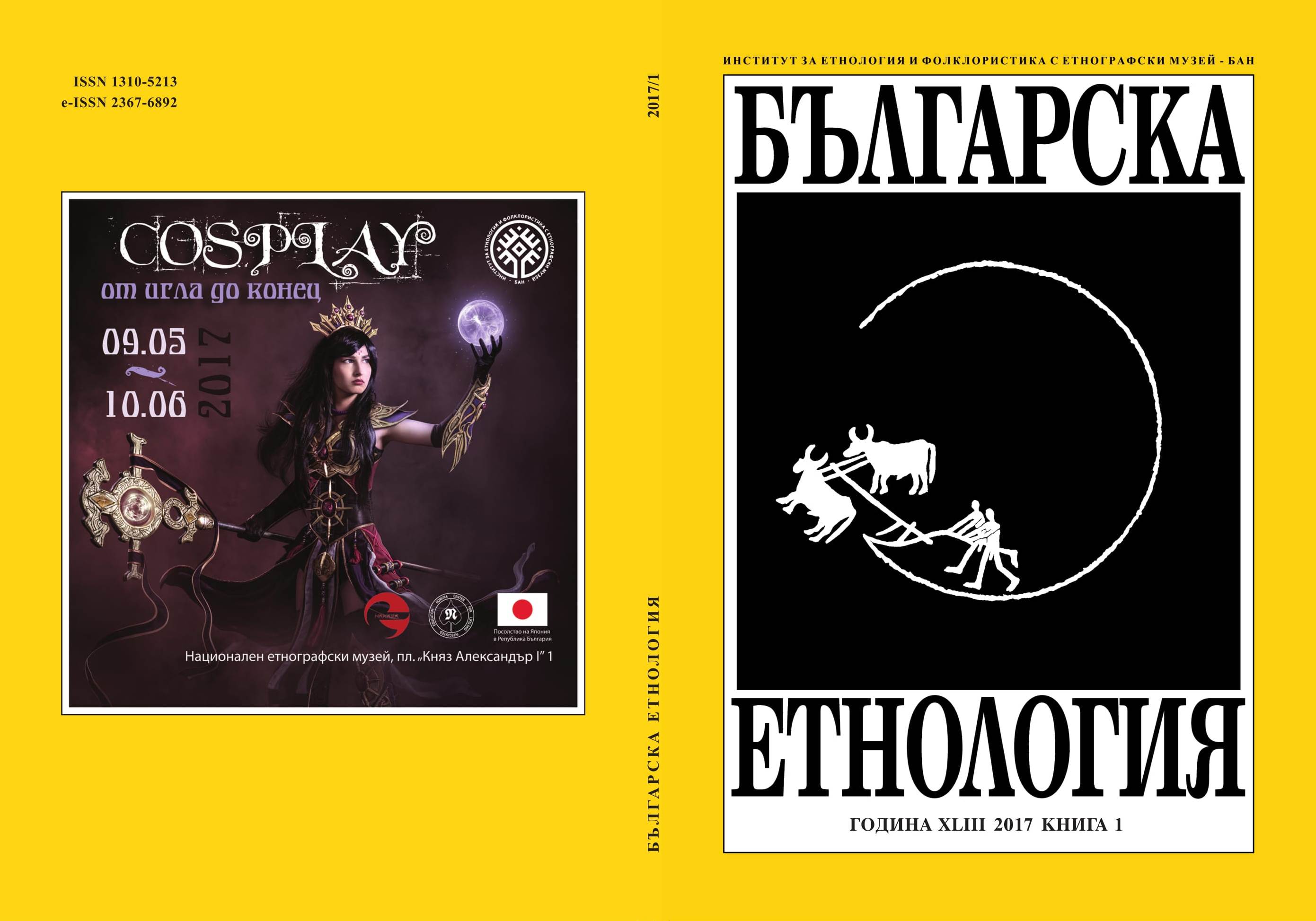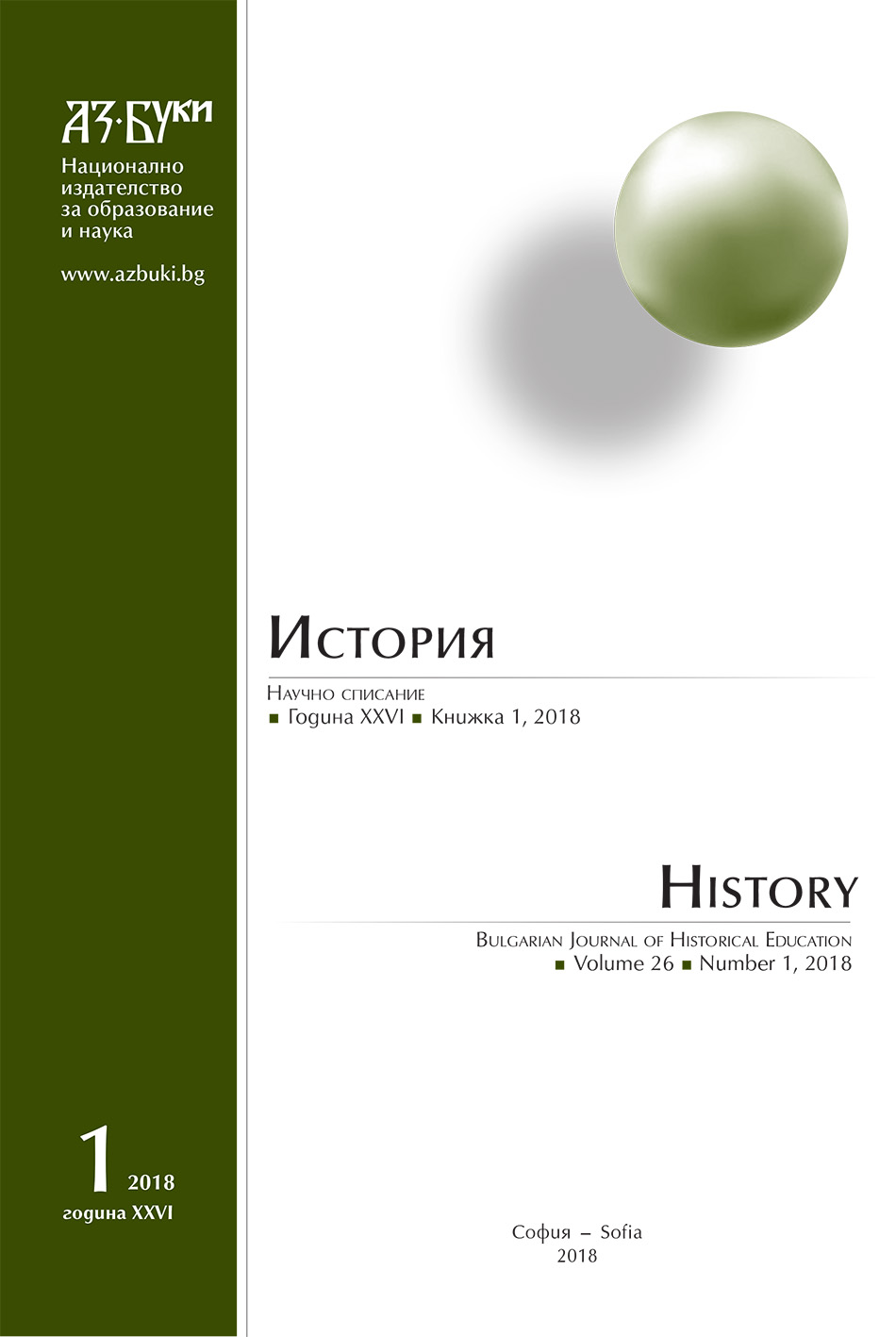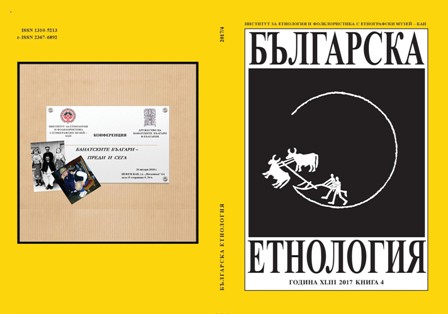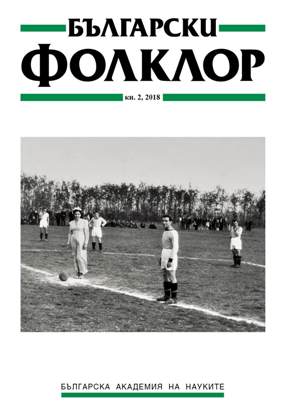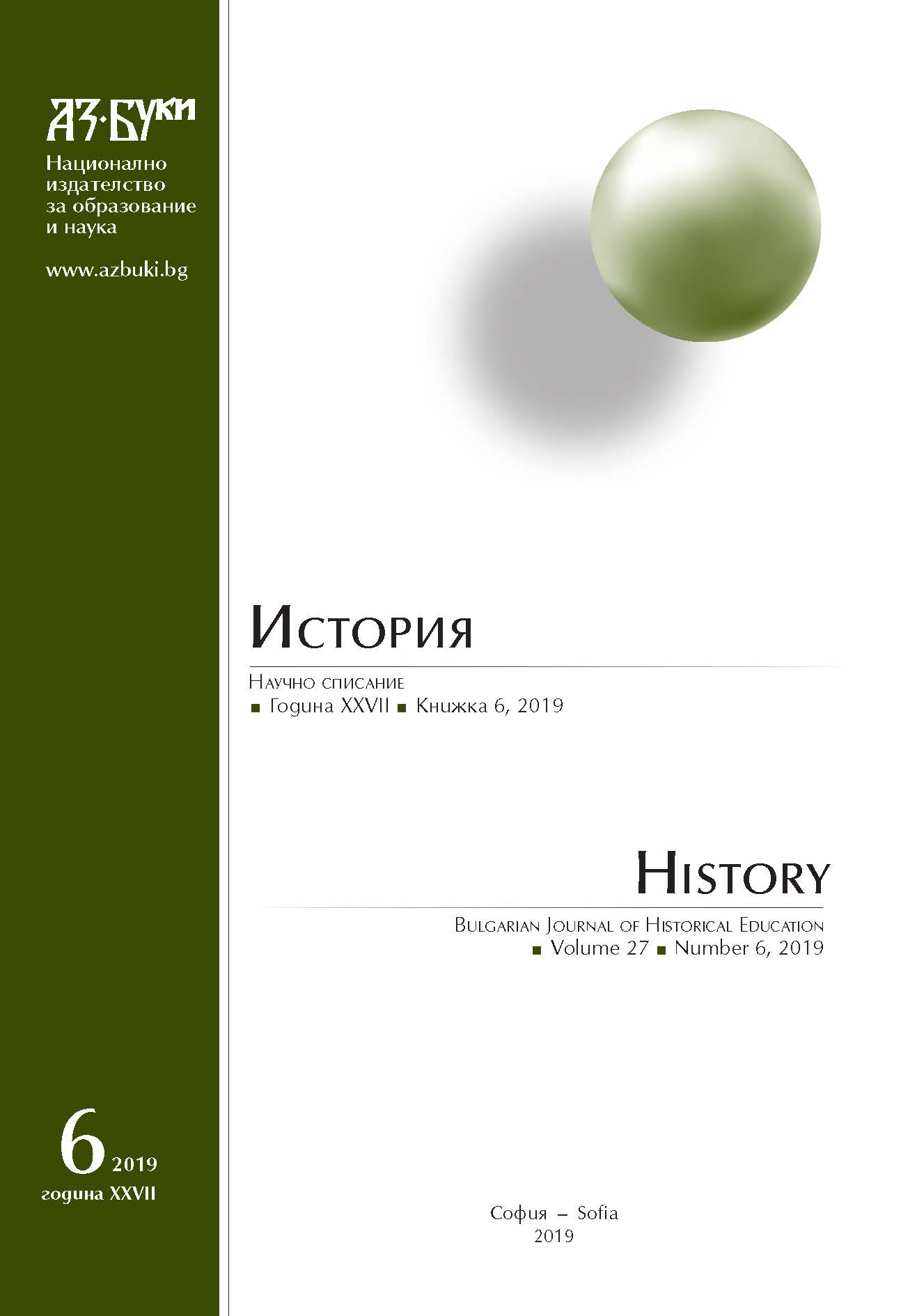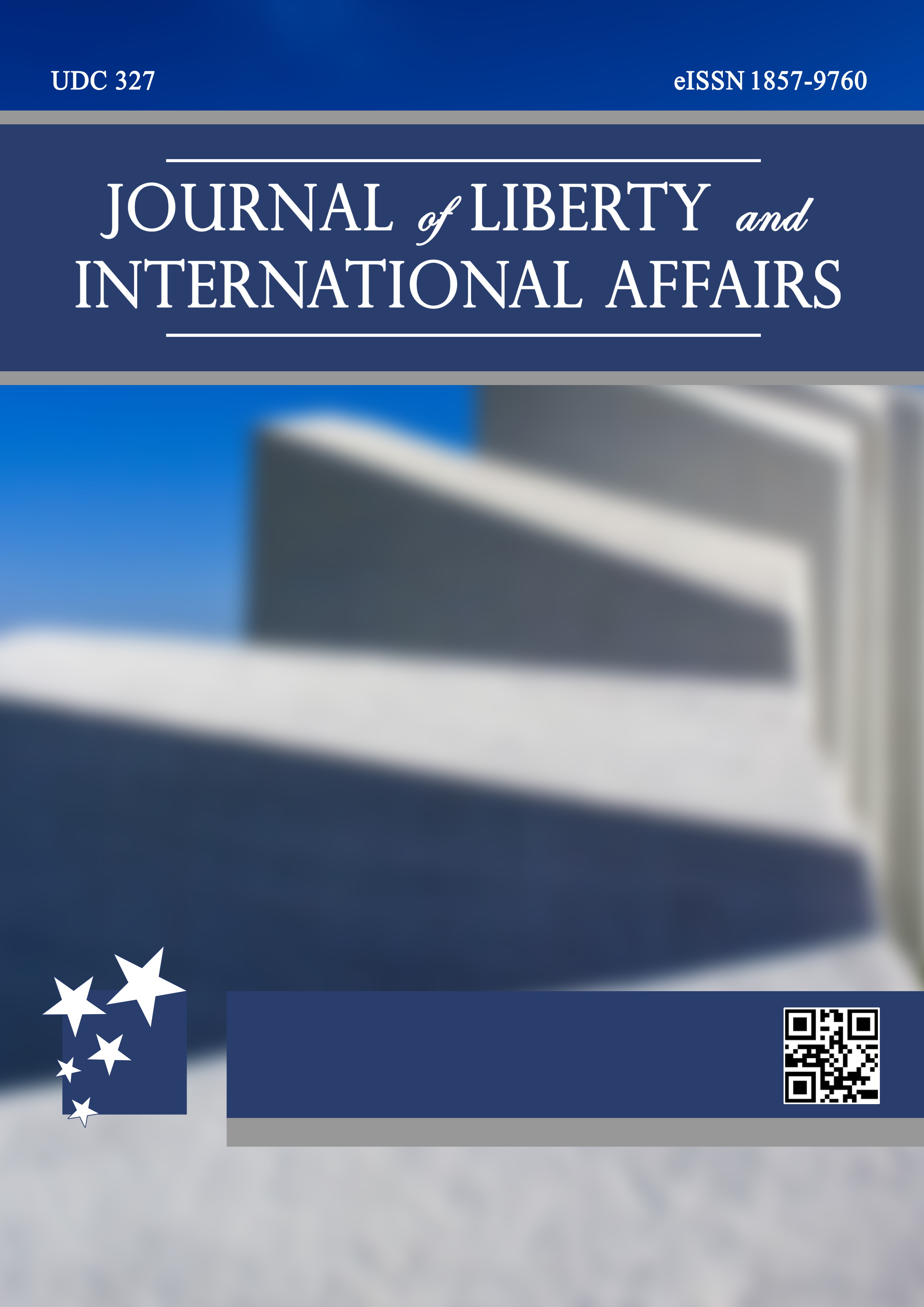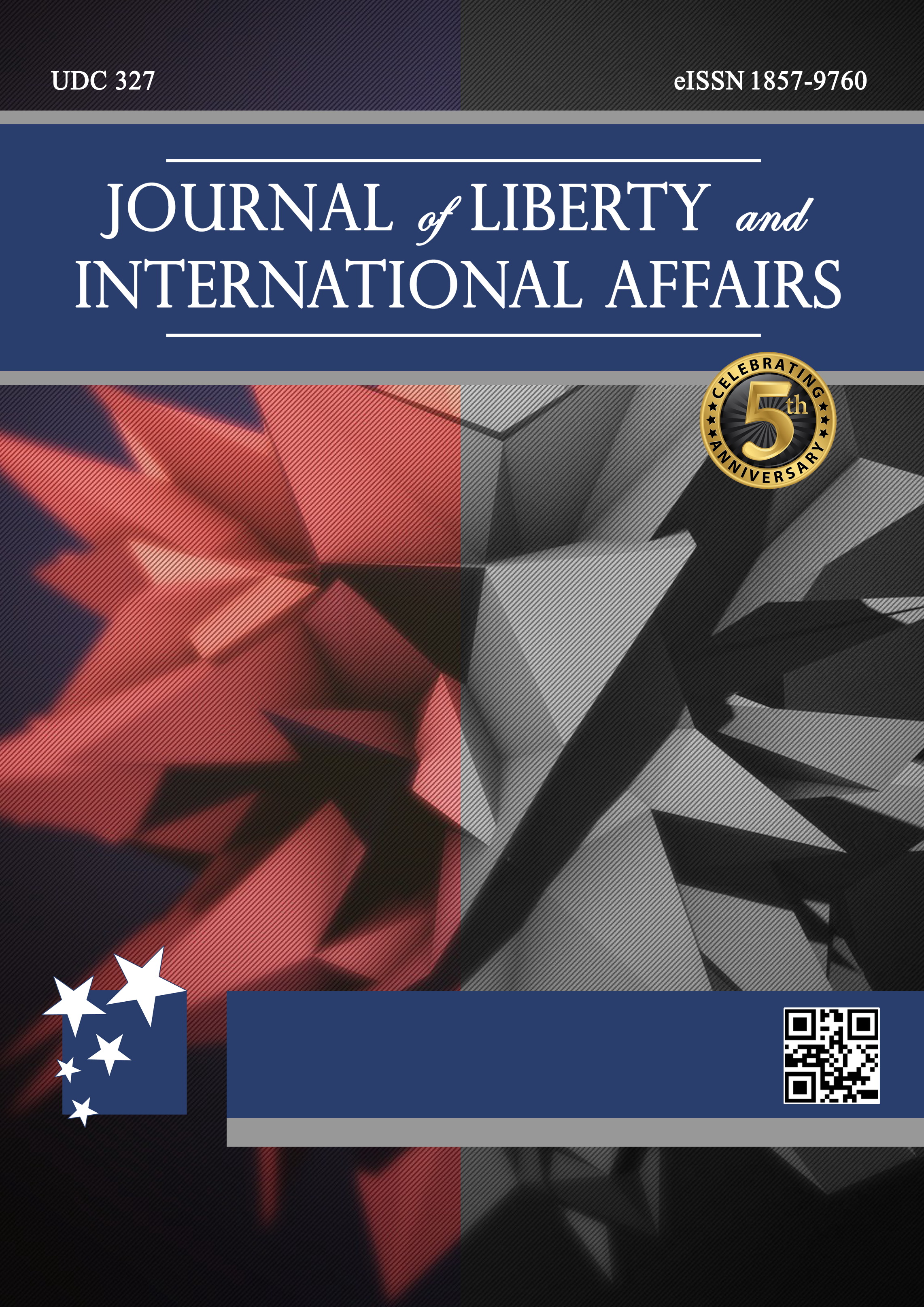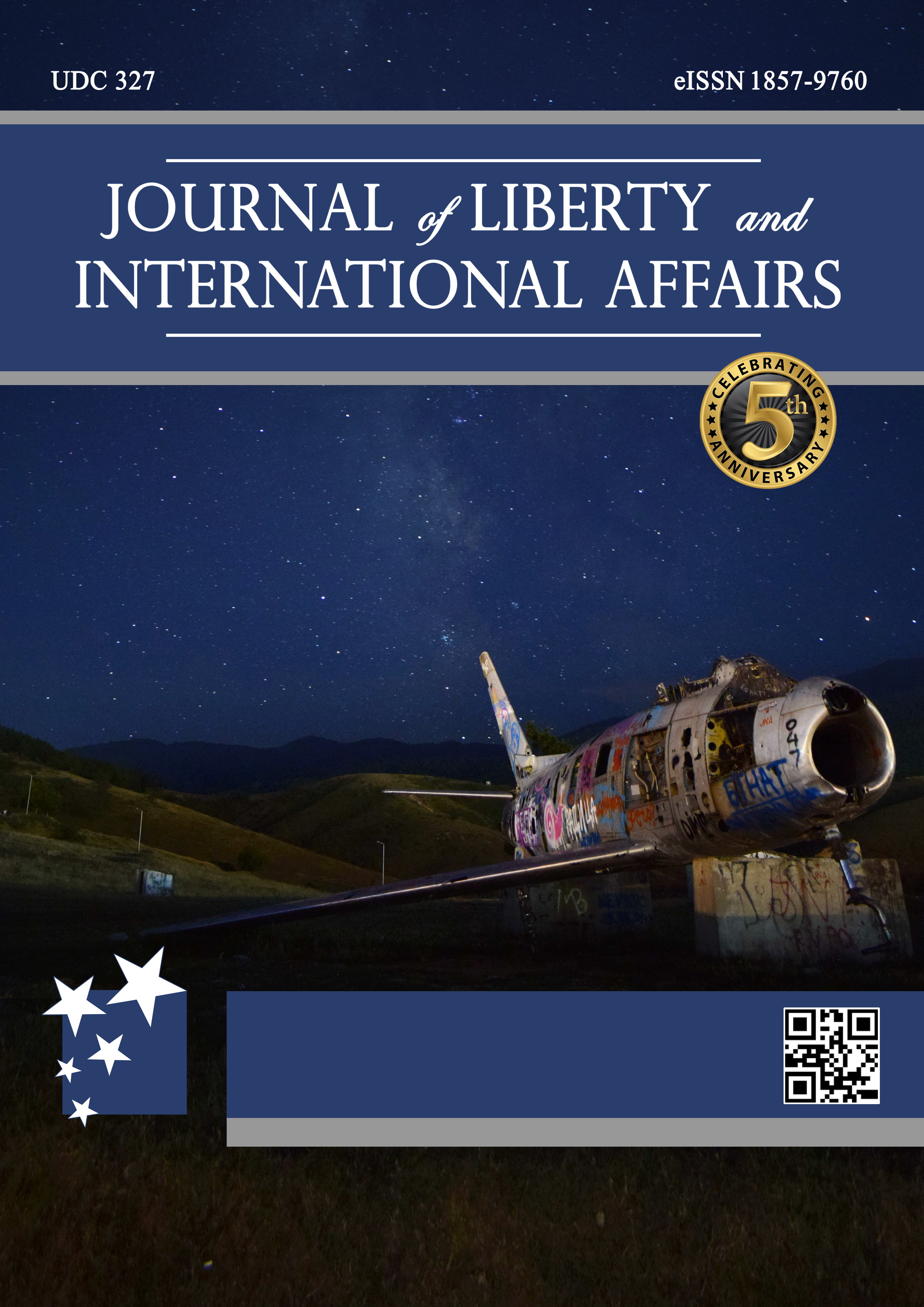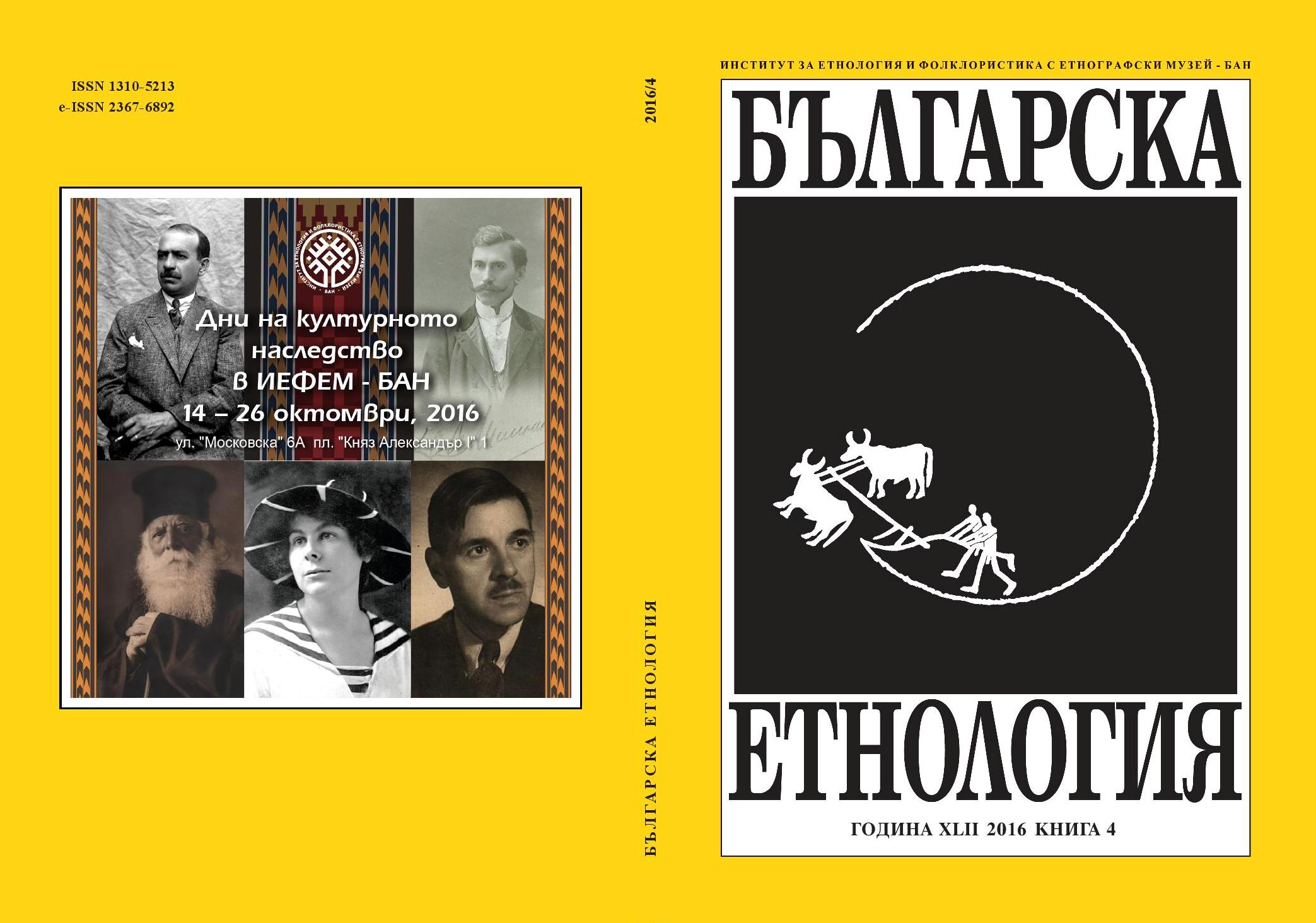
Зборовете на межата. Междуселищни патронни празници у българските преселници в Бесарабия – наблюдения и хипотези
One of the typical and relatively stable features of the everyday life of the Bulgarianimmigrants in the historical and cultural region of Bessarabia are the patronal festivalsand customs held within the frameworks of the village, neighbourhood or familyand referred to as zbor/sabor (збор/събор), hram (храм), kurban (курбан), tsarkva(църква), panagir (панагирь), cherkuvane (черкуване), moleben (молебен) etc. Asfor the designation збор (a fair), it is clear that it precedes the Russian designationхрам (a patron saint’s day) which penetrates the region under study later on andwhich is widely used at present. What stirs up bigger interest is the fact that exceptfor village church festivals this term (as well as some of the other above-mentioned) was also used for intervillage festivals held at the landmark of the territories of two,three or more villages – the so-called fairs at the landmark also known as moleben orcherkuvane for rain and good health.As far as the patron saint’s day is a universal Christian phenomenon and stilla general practice in the villages of the region studied here, it could be assumedthat the gathering itself, the making of zbor (or moleben) at the landmark (at theborder between a group of villages), which is neglected today almost everywhere,is a form typical only of the immigrants (Bulgarians and Gagauzians) in Bessarabia.This practice attracts the attention with respect to its nature and development as partof the all-Bulgarian system of patronal village festivals as well as with relation tothe influences, changes and specifics through which it inevitably goes under theconditions of the many-tounged and polycultural environment of Bessarabia and theRussian Orthodox Christianity.The fieldwork materials collected so far do not allow a coprehensive and thickdescription of the phenomena intriguing us as well as a more elaborate analysis.That’s why the article only poses the problem or rather interpretes it in connectionwith some concepts of the kin and family-territorial patronal festivals and customswhich were formulated a long time ago in the Bulgarian science but which are stillrelevant.
More...
